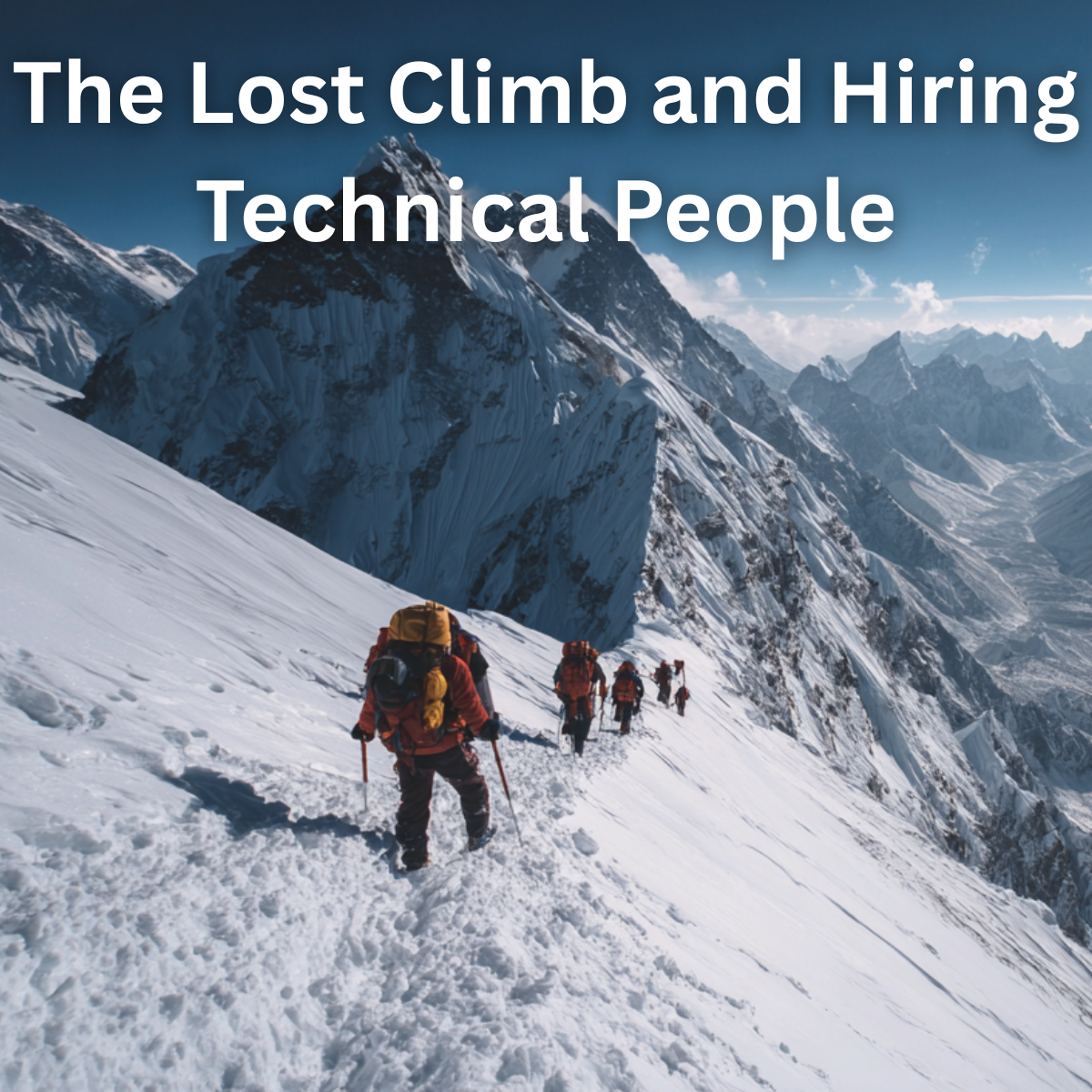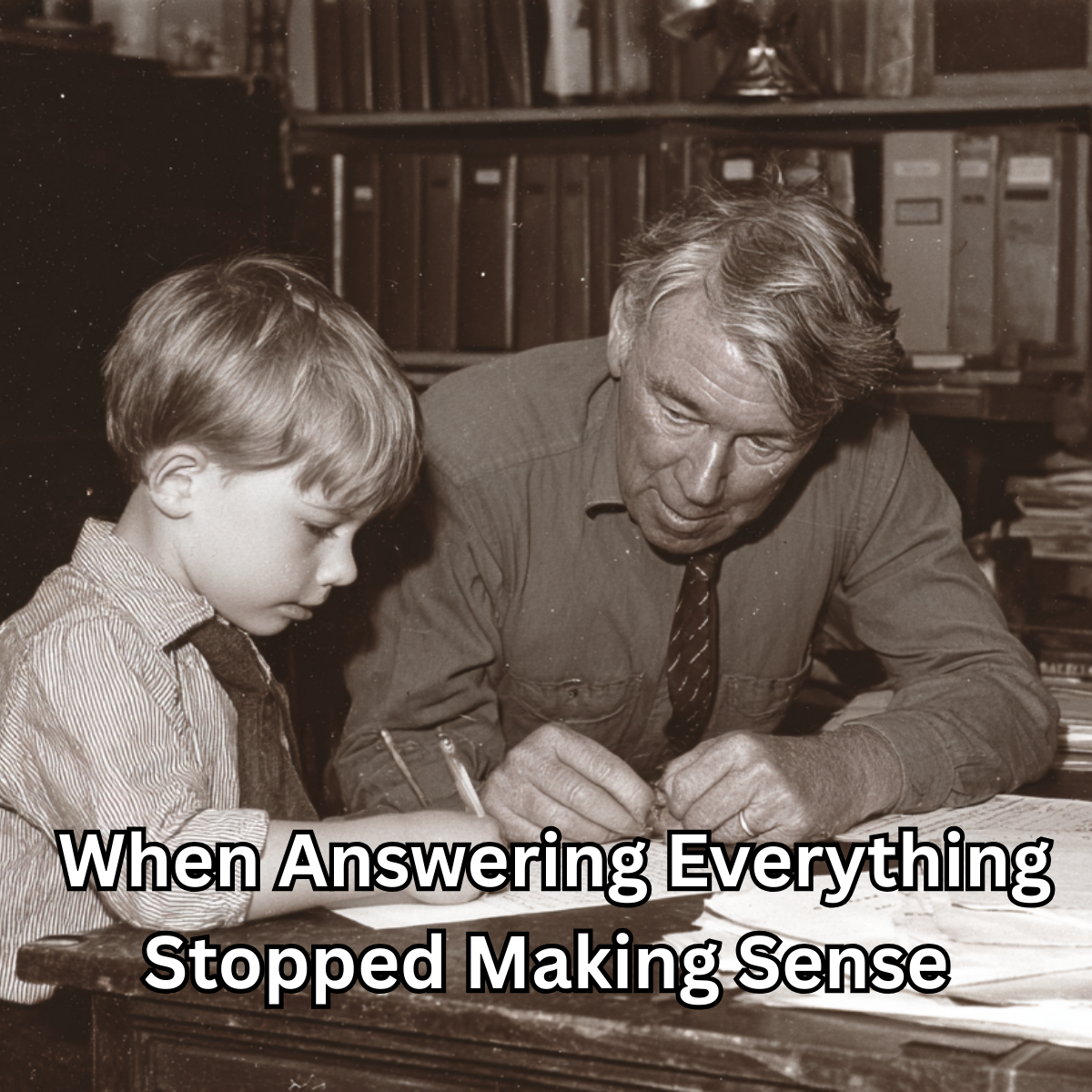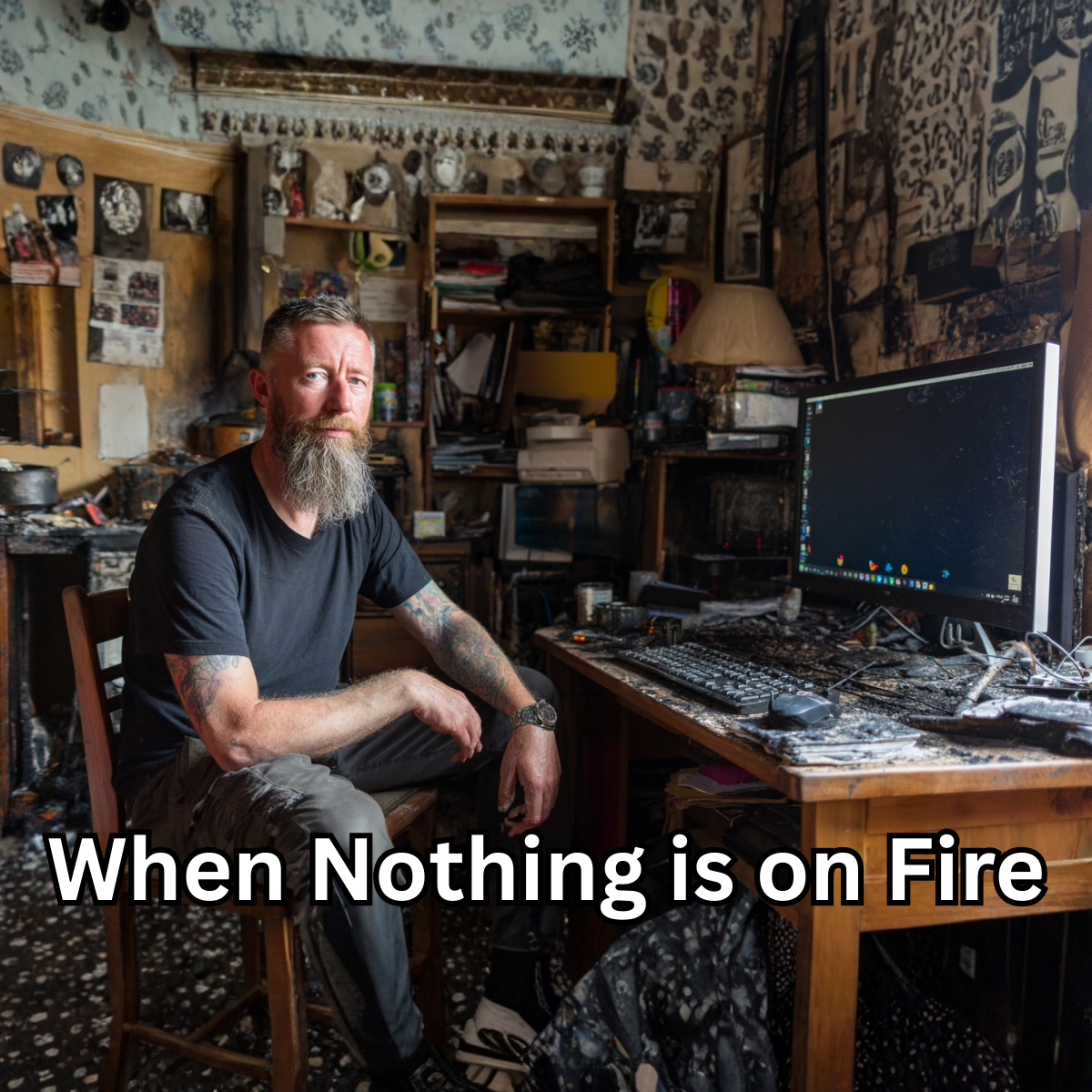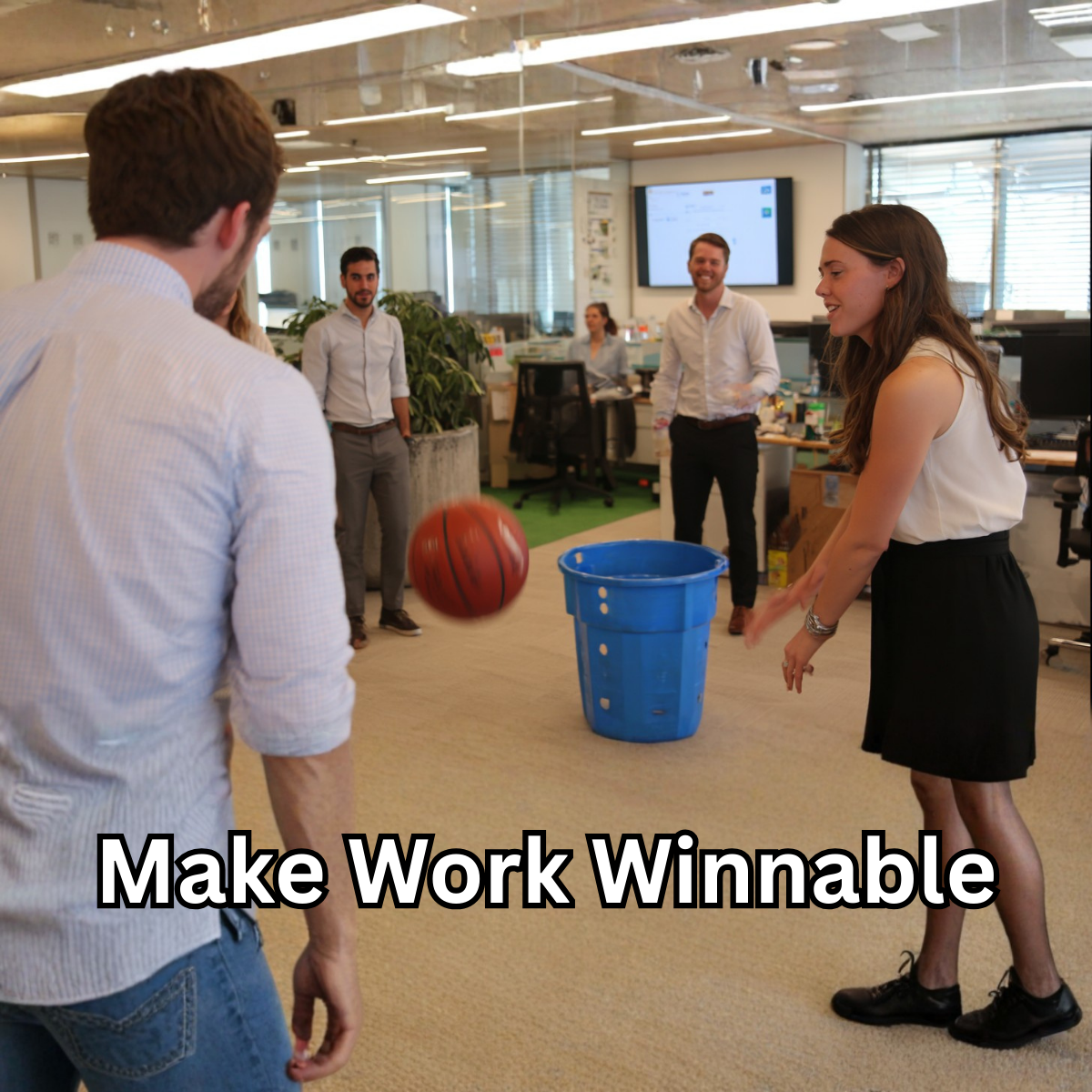I read The Washington Post’s account of Michelle Vanek’s disappearance on Mount of the Holy Cross, and I felt a chill. The story is tragic, but what stayed with me was how clearly it revealed the way trust, preparation, and judgment can hold a team together or quietly pull it apart.
Those same forces that determine the outcome of a climb also shape every business that depends on technical talent.
As I sat with the article, a question surfaced: If I were standing at the base of Everest, how would I choose the people who would help me reach the top?
Not just climbers or rope experts, but the people we hire to guide our projects and systems through uncertain terrain.
The Lesson of the Lost Trail
In Vanek’s story, nothing looked outrageous at first glance. A missing piece of gear, a wrong turn, and a decision to push forward when it was time to turn back.
None of these were acts of malice. They were moments of confidence without caution, small compromises that felt manageable until they were not.
This is the same mistake we often make in business. We equate raw technical ability with wisdom.
The strongest climber is not always the safest partner. The smartest engineer is not automatically the best guide.
The people who protect a team are those who prepare, adapt, communicate, and place safety above ego. They rarely appear heroic in a single moment. They become heroic through consistency and reliability over time.
What I Would Ask a Sherpa at the Base of Everest
If I were interviewing someone at the base of Everest, I would ask different questions than I used to ask in a traditional hiring process. I would look for instincts that keep a team aligned when the weather changes.
Do You Prepare for the Basics Every Time?
Good sherpas do not forget the water purifier. Great engineers do not forget backups, security checks, or dependency reviews. They approach the ordinary work with extraordinary consistency.
Will You Make the Hard Call to Turn Back?
Ambition is valuable, but wisdom is the ability to say, “Not today. The conditions are wrong.” I want people who protect the mission rather than chase momentum.
Can You Explain the Route in a Way Everyone Understands?
Silence is not a sign of confidence. Clear communication builds trust. Whether you are crossing a crevasse or deploying a new service, the team deserves to know the route, the risks, and the contingency plan.
How Do You Respond When the Weather Turns?
Plans fail, but egos do not need to. The best technical people accept new data, reframe the route, and continue moving forward with purpose.
Are You Climbing for the Summit Photo or the Team’s Return?
A true guide wants everyone home. In business, that means durable systems, thoughtful rollbacks, and a culture that values long-term team health over momentary applause.
What the Wrong Guide Quietly Teaches
The guide in Vanek’s story was not a villain. He was human. That is what makes the lesson so sharp.
When experience hardens into certainty, people stop listening. When someone believes their judgment cannot be questioned, trust begins to erode. The route may still look correct on the map, but the group no longer believes in the person drawing it.
On a mountain, that kind of erosion can cost a life. In business, it can cost the climb itself.
Timelines begin to slip. Quality fades. Good people start to hedge their confidence. Eventually, the team doubts its own judgment, and even simple choices become complicated.
That is the cost of unexamined confidence.
A Simple Hiring Checklist I Keep In My Notes
Preparation Over Bravado Ask for examples of routine checklists, preflight habits, and how they handle the boring but essential parts of the work.
Communication That Invites Inspection Listen for language that makes risks visible and encourages dialogue rather than defensiveness.
Bias Toward Reversible Steps Great builders prefer small, safe steps. They can describe exactly how to roll back when things go wrong.
Calm in the Fog Ask about a time when the metrics looked wrong, the plan fell apart, and they still moved forward with clarity.
Care for the Group Look for signs that they value the team’s energy, not just their own output. Ask how they celebrate wins and how they carry losses.
The Takeaway I Keep Returning To
When you hire technical people, you are not only hiring skill. You are choosing the people you will trust when the wind picks up, the light fades, and that quiet voice says, “Maybe we should turn back.”
The best sherpas and the best engineers measure success in the same way. They do not define it by the summit photo but by bringing everyone home with enough trust, strength, and clarity to try again tomorrow.
That is the kind of team I want on any mountain. That is the kind of team I want in any company.





I highly recommend reading The Last Traverse by Ty Gagne